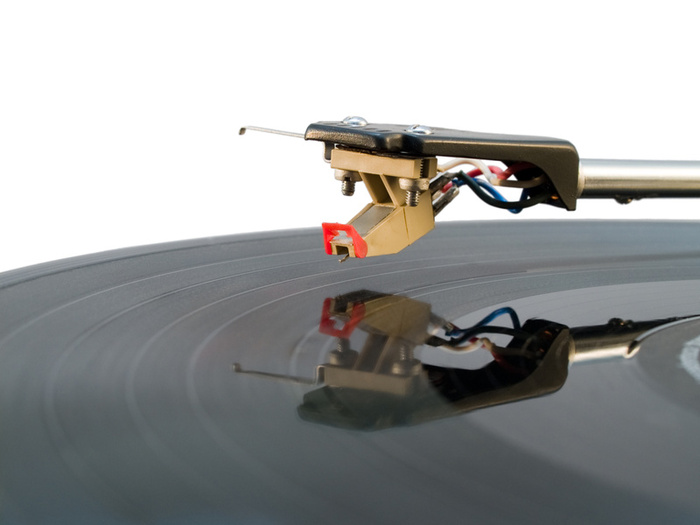Aikido

Exams and failures
 In the summer of 2012, during the usual Philippe Gouttard seminar in Follonica (Tuscany), I failed my 3rd dan Aikikai exam with the great French master. Some would argue that my image as a teacher, although since a short while, could suffer a serious damage. Furthermore, the feelings after a failure are diverse. The will of practicing decreases a bit. You feel a somehow mentally tired knowing that all you’ve done was not enough, while you were convinced it was much. Like after a bicycle or horse accident, it is important to start over again soon! Thank God I was at a seminar, so, immediately after my failed test, I was back on the mat!
In the summer of 2012, during the usual Philippe Gouttard seminar in Follonica (Tuscany), I failed my 3rd dan Aikikai exam with the great French master. Some would argue that my image as a teacher, although since a short while, could suffer a serious damage. Furthermore, the feelings after a failure are diverse. The will of practicing decreases a bit. You feel a somehow mentally tired knowing that all you’ve done was not enough, while you were convinced it was much. Like after a bicycle or horse accident, it is important to start over again soon! Thank God I was at a seminar, so, immediately after my failed test, I was back on the mat!
Understanding the Great Masters
 For the past three decades, I have been returning to Tokyo every year in order to train with the masters of the Hombu Dojo, and every time I feel the same joy, even though my expectations are not always fulfilled once I actually step on the tatami. But it is just fine like that. Given this situation, there are questions that I am being asked rather often, particularly during the social moments such as those spent at the cafe nearby the Hombu Dojo, the one where foreign practitioners often meet between classes. These questions are mostly “Why are you coming back to Tokyo every year? What are you coming for? Why do you always go to Saku to train with Endo Sensei even though your practice does not at all correspond to the principles that he is demonstrating?”
For the past three decades, I have been returning to Tokyo every year in order to train with the masters of the Hombu Dojo, and every time I feel the same joy, even though my expectations are not always fulfilled once I actually step on the tatami. But it is just fine like that. Given this situation, there are questions that I am being asked rather often, particularly during the social moments such as those spent at the cafe nearby the Hombu Dojo, the one where foreign practitioners often meet between classes. These questions are mostly “Why are you coming back to Tokyo every year? What are you coming for? Why do you always go to Saku to train with Endo Sensei even though your practice does not at all correspond to the principles that he is demonstrating?”
Interview with William Gleason (2008)
by Pasquale Robustini and Marco Marini
 Last December 2008, the city of Rome became the theater of an event that is to mark in Italian Aikido calendar. William Gleason Sensei, then VI dan Aikikai and student of Seigo Yamaguchi Sensei (1924-1996), held his first Aikido seminar in Europe.
We took advantage of an informal lunch in the Italian capital to ask him many of the questions that had been going through our minds for a while. Rather than going through his Aikido journey, we decided to orientate the discussion towards more universal issues in terms of Aiki
Last December 2008, the city of Rome became the theater of an event that is to mark in Italian Aikido calendar. William Gleason Sensei, then VI dan Aikikai and student of Seigo Yamaguchi Sensei (1924-1996), held his first Aikido seminar in Europe.
We took advantage of an informal lunch in the Italian capital to ask him many of the questions that had been going through our minds for a while. Rather than going through his Aikido journey, we decided to orientate the discussion towards more universal issues in terms of Aiki

Is Aikido efficient? What for?
Books and movies for budokas
 Our martial art is not certainly the most famous one. This is also because it is not widely represented in literature and cinema. Maybe the reason is that it is not honed to overwhelming the others, which is something more spectacular than pacific resolution of conflicts. As a matter of fact, this article will not merely be about Aikido. It will focus on the cultural foundations it stems from, by means of two art forms such as literature and cinema.
Our martial art is not certainly the most famous one. This is also because it is not widely represented in literature and cinema. Maybe the reason is that it is not honed to overwhelming the others, which is something more spectacular than pacific resolution of conflicts. As a matter of fact, this article will not merely be about Aikido. It will focus on the cultural foundations it stems from, by means of two art forms such as literature and cinema.